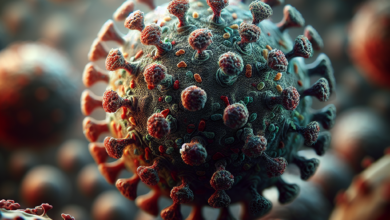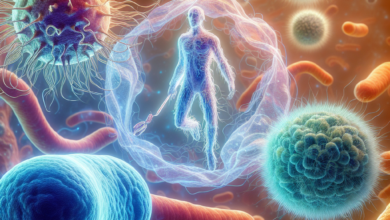Decoding the WNT Signaling Pathway: New Insights into Pancreatic and Colorectal Cancers Resistance to WNT Inhibitors

Decoding the WNT Signaling Pathway: New Insights into Pancreatic and Colorectal Cancers Resistance to WNT Inhibitors
Scientists at Duke-NUS Medical School have made a groundbreaking discovery on the resistance mechanism of certain pancreatic and colorectal cancers to WNT inhibitors. Published in Science Advances, the research could pave the way for a new oncology therapy target and a screening tool to single out patients who will not benefit from this therapy. A significant percentage of gastrointestinal cancers are propelled by a mutation in the WNT pathway, a critical regulator of cell growth. This mutation is evident in more than 80% of colorectal cancers and some pancreatic cancers.
The second part of the study reveals the inherent resistance that some patients have to WNT inhibitors. This resistance is due to a second mutation in a gene known as FBXW7, found in about 15% of colorectal cancers. This mutation alters the behavior of the cancer cells, rendering them resistant to WNT inhibitors. The potential to test for the FBXW7 mutation could help prevent patients from receiving ineffective treatment and spare them the unnecessary side effects and costs.
In addition to the discovery related to WNT inhibitors, the researchers found that these drug-resistant tumors may respond to an experimental drug called Dinaciclib. The next phase of research will explore the potential of Dinaciclib, both independently and in combination with other agents, in treating these cancers. The ultimate goal is to devise targeted and potent treatment strategies for patients with fully resistant tumors. Colorectal cancer comprises the second most common cancer in Singapore for both genders, and pancreatic cancer ranks as the tenth most common cancer in men.
In a collaborative effort, Duke-NUS and A*STAR have developed a WNT inhibitor named ETC-159, which is currently undergoing early phase clinical trials. The identification of the FBXW7 mutation could lead to its designation as a biomarker and a target for new cancer treatments. This research underscores the importance of understanding the complex nature of cancer to develop personalized treatments and brings us one step closer to more effective cancer therapies.





